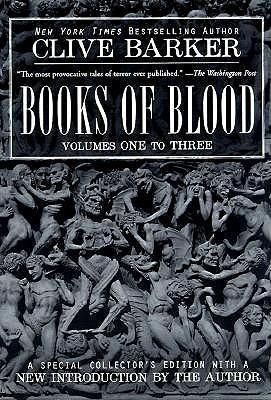
Since 1994, Michelle Scalise‘s work has appeared in such anthologies as Unspeakable Horror, Darker Side, Mortis OperendiI, Dark Arts, The Big Book of Erotic Ghost Stories, Best Women’s Erotica, and such magazines as Cemetery Dance, Crimewave, Space And Time, and Dark Discoveries. She was nominated for the 2010 Spectrum Award, which honors outstanding works of fantasy and horror that include positive gay characters. Her poetry has been nominated for the Elgin Award and the Rhysling Award. Her fiction has received honorable mention in Years Best Fantasy and Horror. Her latest poetry has been chosen by the Horror Writers Association for their anthology Horror Poetry Showcase: Volume I and II.
Her fiction collection, Collective Suicide, was published by Crossroad Press in 2012. In 2014, Eldritch Press published a collection of her poetry, The Manufacturer of Sorrow in paperback and ebook. It became a bestseller in the women writers category on Amazon. In May of 2019, her latest collection of poetry, Dragonfly and Other Songs of Mourning, was published by Lycan Valley Press. Michelle was raised in Kent, Ohio and is married to bestselling author Tom Piccirilli.
 Your collection, Dragonfly and Other Songs of Mourning, delves into the brutal emotional intimacy of loss, pain, and abuse. Can you tell us about the book and the story it’s trying to tell?Â
Your collection, Dragonfly and Other Songs of Mourning, delves into the brutal emotional intimacy of loss, pain, and abuse. Can you tell us about the book and the story it’s trying to tell?Â
Dragonfly is about the horrors and monsters that find you as an adult and the ones that still haunt you from your childhood. Cancer and child abuse are more frightening than anything made-up. As I was writing about the death of my husband I stumbled upon articles related to WW1 widows in Great Britain and how these women were treated. As the death toll rose and there seemed to be no end in sight, the public began to question the war. The government needed to reassure people that the war was going to be won soon. So they issued pamphlets to the widows who were collecting a small stipend. They were told how long they should wear widow’s weeds and show blatant displays of grief. They were told how to mourn. It was bad for moral for a woman to still be broken-up after three months. A person could lose the small funds they were receiving if they didn’t follow the guidelines.Volunteer ladies would visit homes and report back. I don’t even remember most of what happened in my life the first year after my husband died. I lived in my bed. Never bothered to get dressed, let alone clean the house. I realized I wouldn’t have lived up to the rules they requested these widows adhere to. It has been four years and I still don’t live up to them.
Continue reading “Poet Spotlight: Michelle Scalise on the horrors of grief”






 Your new collection of poetry is
Your new collection of poetry is